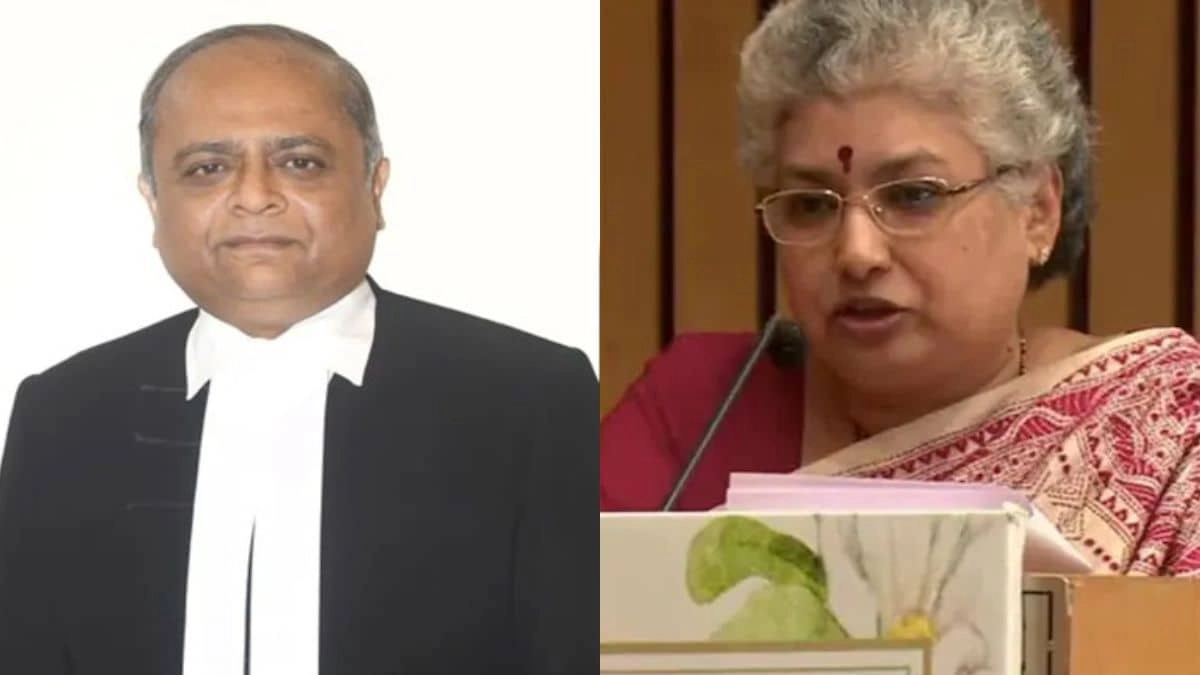The Indian government has recently cleared the elevation of a judge to the Supreme Court, a decision that has sparked considerable debate due to the opposition raised by a member of the Supreme Court Collegium. The Collegium, which comprises the Chief Justice of India and the four senior-most judges, plays a crucial role in recommending appointments and transfers of judges in the higher judiciary. The controversy arises from the differing opinions within this influential body, highlighting the complexities and intricacies of judicial appointments in India.
The judge in question had faced opposition from the Collegium member, who cited concerns regarding the candidate’s suitability for the Supreme Court position. This dissenting opinion reflects a broader issue within the judicial appointment process, where differing views can lead to significant implications for the judiciary’s integrity and independence. The government’s decision to proceed with the elevation despite this opposition raises questions about the balance of power between the judiciary and the executive, as well as the criteria used to assess judicial candidates.
Supporters of the government’s decision argue that the elevation is justified based on the judge’s qualifications, experience, and contributions to the legal field. They contend that the Collegium’s internal disagreements should not hinder the advancement of deserving candidates, as the judiciary must remain robust and capable of addressing the challenges it faces. However, critics claim that proceeding with the appointment undermines the Collegium’s authority and could set a concerning precedent for future judicial appointments, potentially politicizing a process that is meant to uphold the rule of law.
As this situation unfolds, it serves as a reminder of the ongoing tensions between different branches of government in India and the importance of maintaining the independence of the judiciary. The implications of this decision will likely resonate throughout the legal community and could influence future appointments, as stakeholders seek to navigate the delicate balance between judicial autonomy and executive authority. The discourse surrounding this elevation reflects broader themes of accountability, transparency, and the need for a cohesive approach to maintaining the integrity of India’s judiciary.




